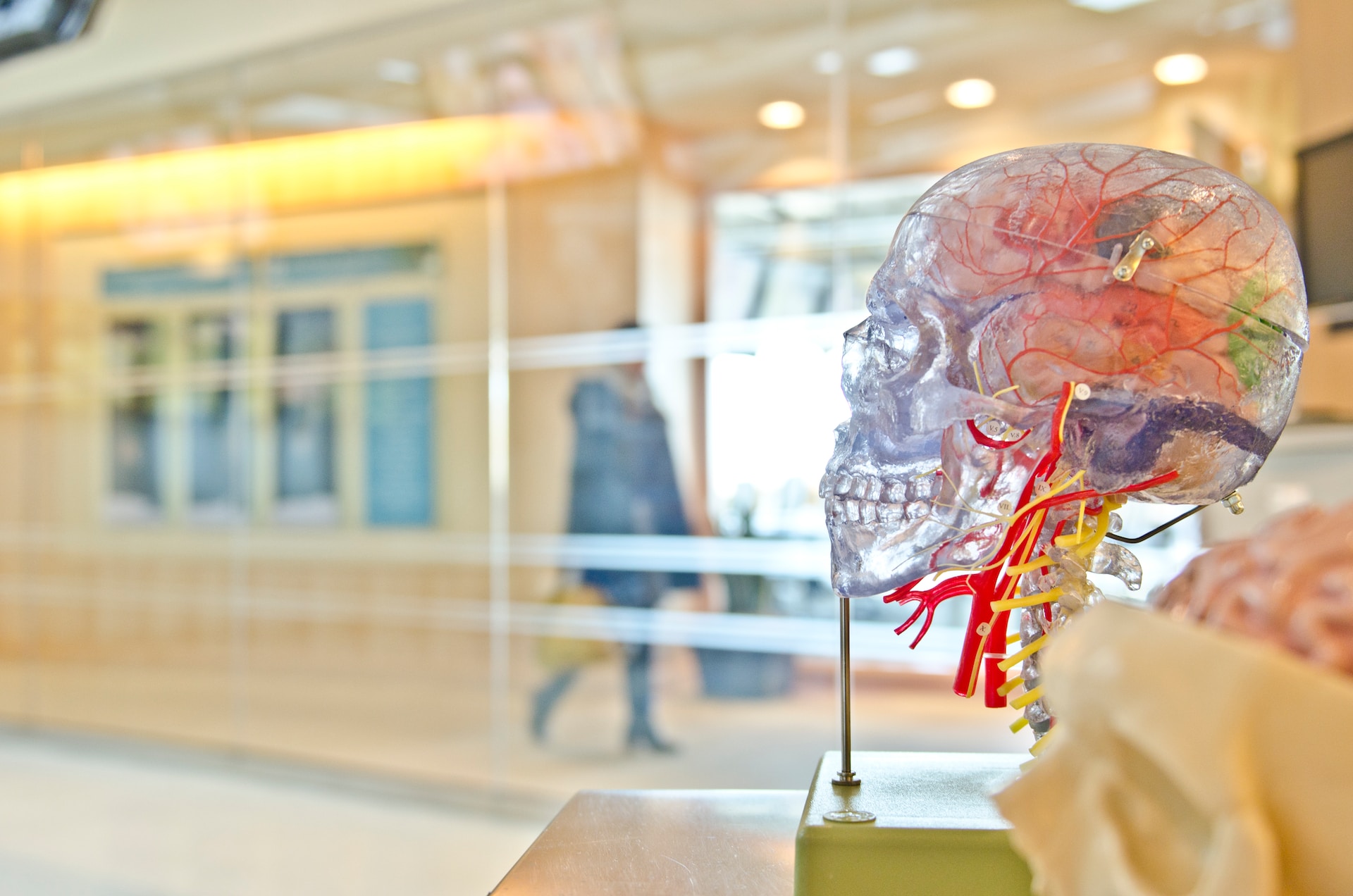Regular Walks Can Increase Brain Size, Study Says
Taking time out of your day for a walk has numerous benefits – preventing obesity, minimizing depression symptoms, and lowering blood pressure are just a few. New research says that regular walks may also help increase brain size and thereby, decrease the amount of aging in the brain.
Walking and Brain Size
The prevalence of Alzheimer’s and other cognitive diseases is growing rapidly. At a time when the number of Alzheimer’s patients is expected to triple by 2050, it is crucial to understand different ways to help improve our brain function and reduce the risk of these diseases.
Researcher Dr. Kirk Erickson[…]
Diagnosing Alzheimer’s with an Eye Exam
There have been a number of different methods to diagnose Alzheimer’s suggested in the past several months. Photo therapy, blood sugar levels, and even sniffing peanut butter have all been floated as potential dementia detection tools.
A new idea detailed at the Society for Neuroscience conference last week, though, provides one of the simplest and most accessible methods of detecting Alzheimer’s disease.
Retinal Thinning
Researchers at Georgetown University found that mice with Alzheimer’s experienced a loss of thickness of the retina.
The study has not yet been published, but scientists discussed their findings at the recent conference in San Diego. In the mice with[…]
Exercising the Body Works the Mind, Too
The thought of Alzheimer’s or another type of dementia is frightening to nearly every one. Those who have seen family members or loved ones live through a dementia diagnosis often look to ramp up prevention methods.
Brain Training
Crossword puzzles and Sudoku are two of the most common tools people use to stimulate their brain in an attempt to ward off dementia. A new study suggests that if you are concerned about keeping your brain sharp, your time may be better invested in physical exercise.
While brain training and mental exercises have been shown to help improve cognitive health and curb memory loss, it[…]
National Alzheimer’s Plan Updated to Include Assisted Living in Long Term Care
The Department of Health and Human Services recently made adjustments to the National Plan to Address Alzheimer’s Disease. These adjustments are part of an effort to understand the importance of caregiving for Alzheimer’s and dementia patients within assisted living facilities and similar care settings.
Patients in Assisted Living Facilities 
In the initial text of the plan, assisted living facilities were not included in the list of care settings. The recent update addresses this type of facility as a separate long term care setting and details a new[…]
New Alzheimer’s Research Pinpoints Disease Trigger
Alzheimer’s research studies are widespread, but very few have led to any major breakthroughs in recent years.
Cambridge Study Identifies Catalyst
Researchers at Cambridge University published a study on Monday that was able to identify the process that turns healthy cells into abnormal cells, the catalyst that causes the onset of Alzheimer’s. These findings bring scientists a step closer to finding prevention or treatment solutions for the disease.
Alzheimer’s is the 6th leading cause of death in the United States and has recently passed cancer and heart disease as the most[…]
Alzheimer’s Patient Receives First Ever Brain Pacemaker
The first ever brain pacemaker was recently implanted in a woman suffering from the early stages of Alzheimer’s.
Kathy Sanford was the first of 10 patients with mild or early stage Alzheimer’s to take part in a new study. The study’s intent is to determine whether a brain pacemaker can improve cognitive and behavioral functions in those affected by cognitive illnesses like Alzheimer’s and other forms of dementia.
How Does a Brain Pacemaker Work?
The FDA-approved study that began in October 2012 is being conducted by doctors and researchers at Ohio State University’s Wexner Medical Center and is scheduled to end in 2015.









 Reviews of each company’s financial stability ratings, claims experience, and size.
Reviews of each company’s financial stability ratings, claims experience, and size. A side-by-side comparison of each company’s policy features. We cover the similarities and the differences.
A side-by-side comparison of each company’s policy features. We cover the similarities and the differences. Price comparisons customized to suit your specific needs from top carriers such as Nationwide, Thrivent, New York Life, National Guardian Life, Mutual of Omaha, and more.
Price comparisons customized to suit your specific needs from top carriers such as Nationwide, Thrivent, New York Life, National Guardian Life, Mutual of Omaha, and more.